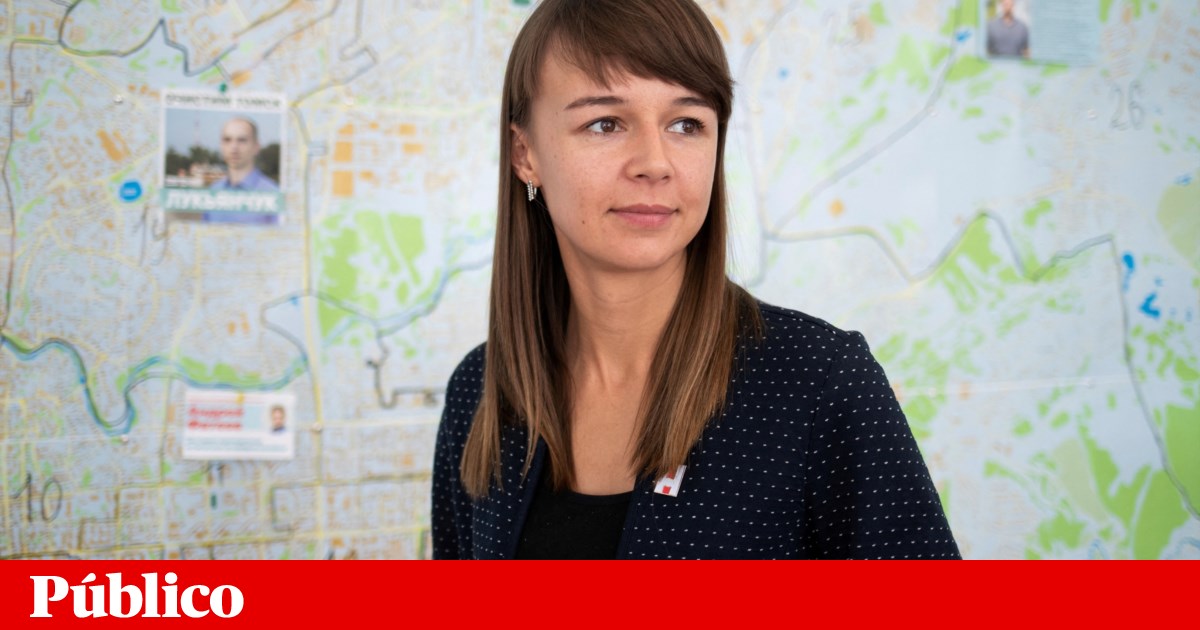On Friday, Ksenia Fadeeva, an ally of Russian political activist Alexei Navalny, learned the result of the investigation in which she participated two years ago: that she will spend nine and a half years in prison on charges of leading an “extremist organization.”
Fadeeva, a 31-year-old Kremlin critic, was a municipal deputy in Tomsk, Siberia, and headed the local headquarters of an anti-corruption, anti-Putin political network founded by Navalny in 2017 and spreading across Russia, also via initiatives. From communities of supporters. Two years ago, in 2021, Russian authorities classified the organization as “extremist,” banned it and sentenced its leaders to severe prison terms.
In a statement published in cableA group supporting Fadeeva said that the former MP's defense “will, of course, appeal the decision.” In addition to the nine-and-a-half-year prison sentence, he will have to pay a fine of 5,000 euros.
In response to the ruling, one of his lawyers, Semyon Vodnev, said the trial had “nothing to do with justice.” “I believe the ruling was illegal, baseless and unfair,” he said in a video posted by the same group. “It is difficult for me to answer this question: if I say what I think, I will end up in the same place as Ksenia.”
In 2020, Fadeeva was one of the pro-Navalny candidates elected to the municipal council of the university city of Tomsk, in a rare victory for the anti-regime movement.
That year, during a visit to Tomsk to support his allies' election campaign, Alexei Navalny was poisoned with Novichok in his hotel room. He was then transferred to Charite Hospital in Berlin, and was detained upon his return to Russian territory, while still at the airport, in January 2021.
While Ksenia Fadeeva led Navalny's organization in Siberia, Tomsk became a stronghold of the opposition, as the city of 580,000 elected a city council with a strong presence of Kremlin critics.
Although many of Navalny's allies left Russia after his arrest, Fadeeva refused to deny it, and in December 2021 an investigation was opened against her on charges of belonging to an “extremist organization.” She was prohibited from accessing the Internet, participating in public events, and contacting others without obtaining prior permission from the authorities. She was recently accused of violating these terms. He had been under house arrest since the end of September, and was placed in pretrial detention in November.
Alexei Navalny, who is serving prison sentences totaling 30 years, was transferred this month to one of Russia's harshest penal colonies, in a remote region of northwestern Siberia known for reports of physical and psychological brutality.
According to his lawyer, the Russian authorities intend to isolate him further, just a few weeks before the presidential elections in March. While his supporters consider the 47-year-old activist a potential future national leader, those more loyal to the regime see him as a potential future national leader. He is an extremist and a traitor to the Russian Federation.

“Hardcore alcohol maven. Hipster-friendly analyst. Introvert. Devoted social media advocate.”


